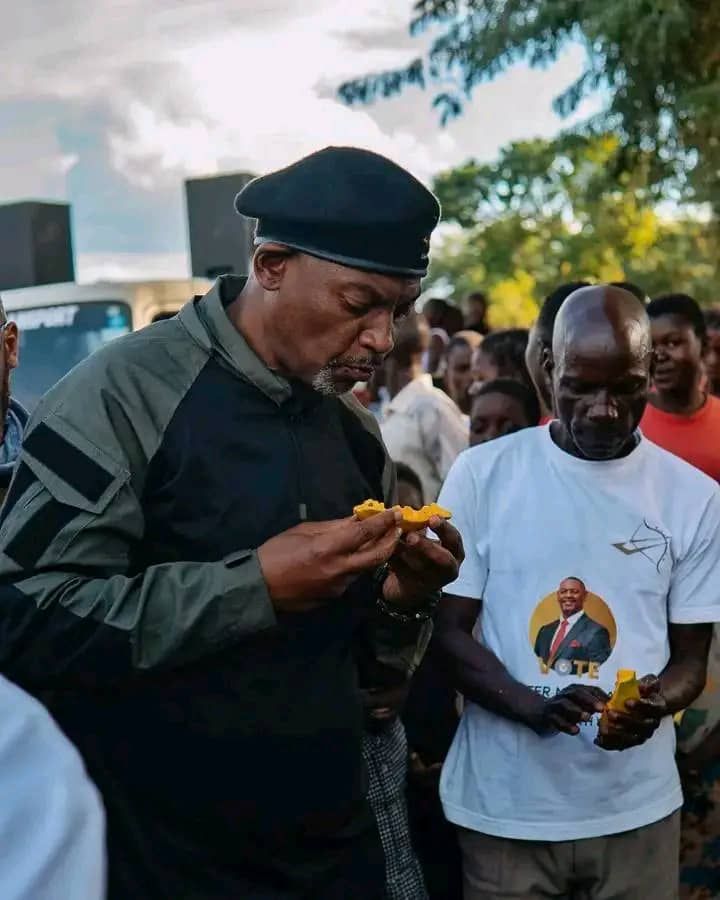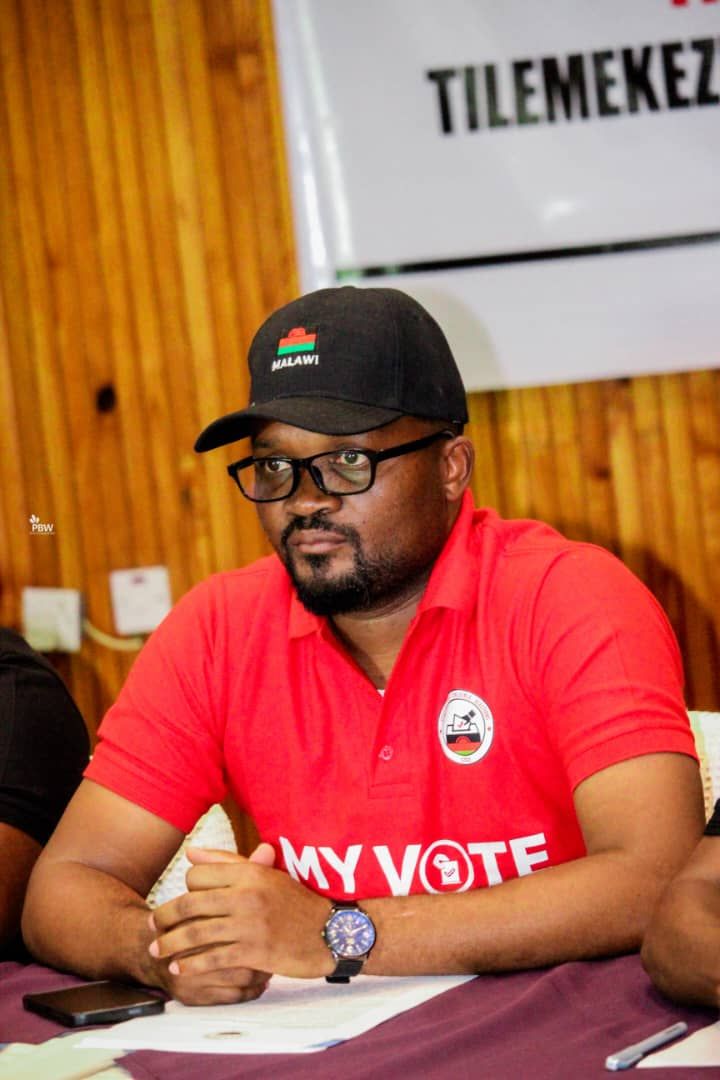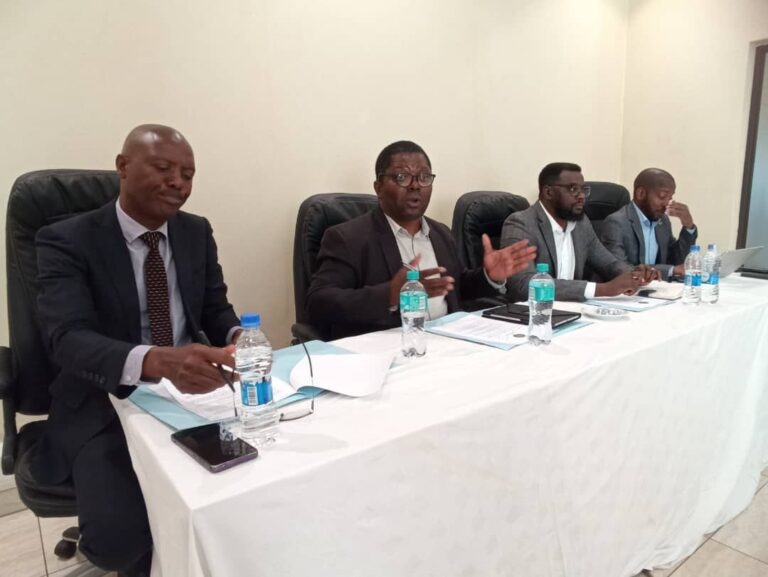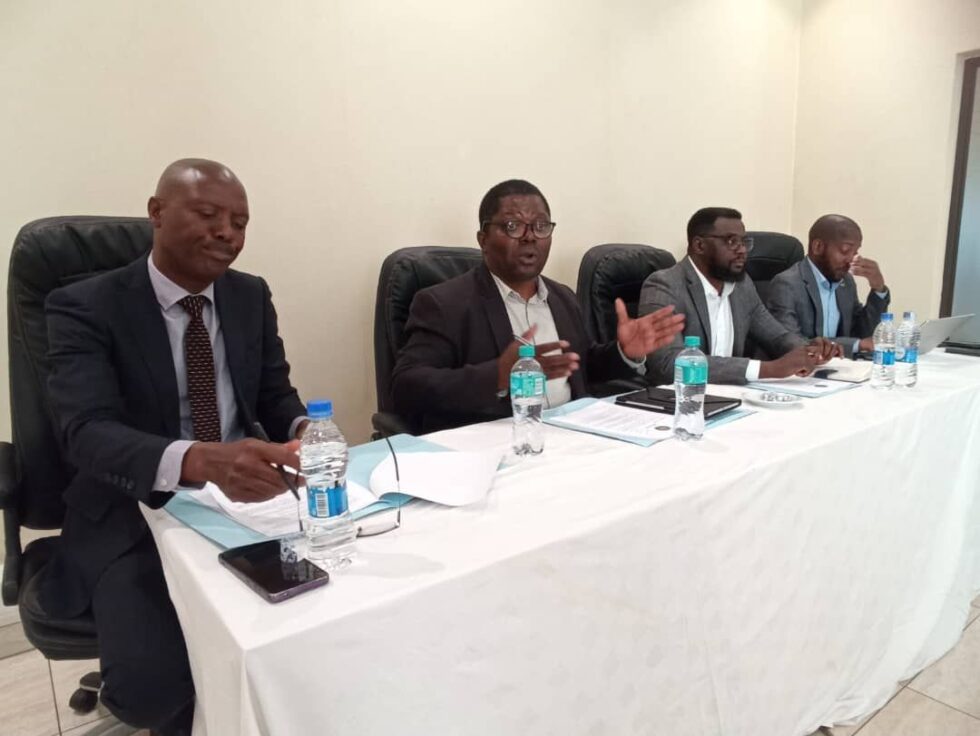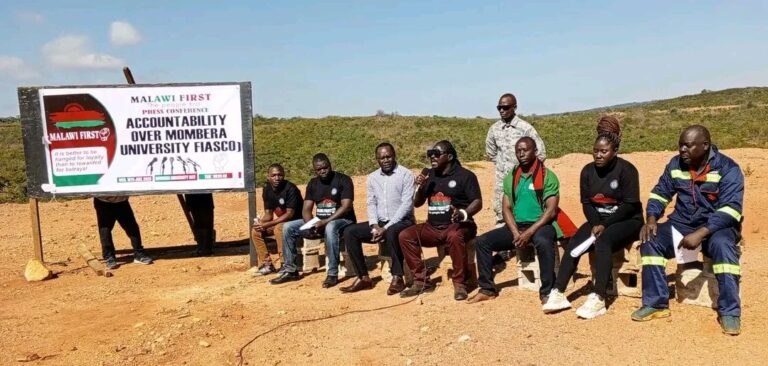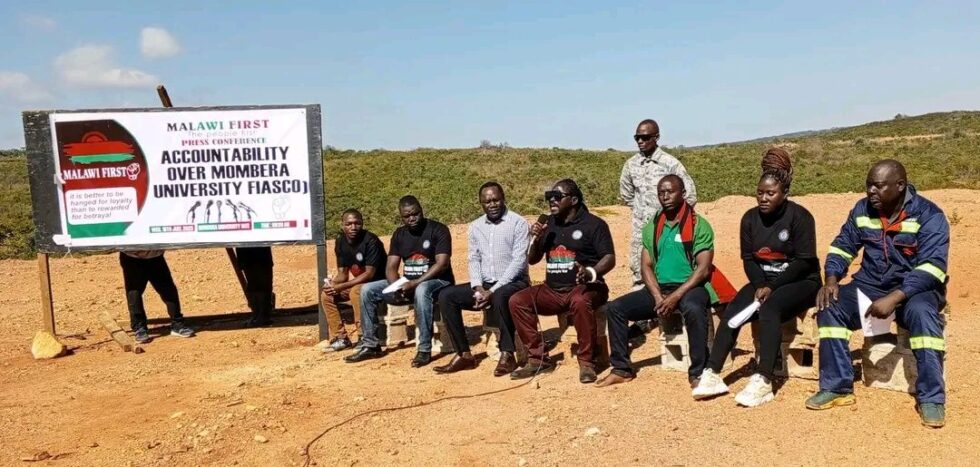By Burnett Munthali
The road to the September 20 elections heated up today as Walter Nyamilandu Manda officially launched his parliamentary campaign in Nsanje South West.
The campaign kick-off was marked by a day of direct engagement with the people, as Nyamilandu walked through the central marketplace, meeting vendors and listening to their daily struggles.
He immersed himself in the realities of a vibrant yet heavily burdened community, taking time to understand the challenges that define their everyday lives.

As part of the launch, Nyamilandu sponsored a bawo competition worth MWK 1,000,000, an initiative aimed at promoting unity and providing a moment of joy in a constituency that desperately needs it.
The event concluded with strategic sit-down discussions with local committees, where Nyamilandu and community leaders deliberated on pressing issues and practical solutions to improve livelihoods.
Expressing his reflections, Nyamilandu described himself as deeply moved by the resilience and determination of the people of Nsanje South West.
He noted that many residents live in poverty and face severe food insecurity, yet they display an unshakable spirit and optimism for a better future.
Nyamilandu admitted that he was mind-blown by how the people manage to survive on so little, calling their perseverance an extraordinary testament to human strength.
He was particularly inspired by the warm reception he received, which he interpreted as a strong indication that the people of Nsanje South West are ready for transformative leadership.
“The people are looking for a leader who can bring lasting solutions to their struggles,” Nyamilandu remarked, reinforcing his commitment to addressing the structural issues that have long plagued the constituency.
As the countdown to the polls continues, Nyamilandu’s campaign message is anchored on hope, unity, and tangible action to uplift one of Malawi’s most marginalized regions.
With community engagement at the heart of his strategy, Nyamilandu has positioned himself as a candidate ready to listen, learn, and lead with empathy.


